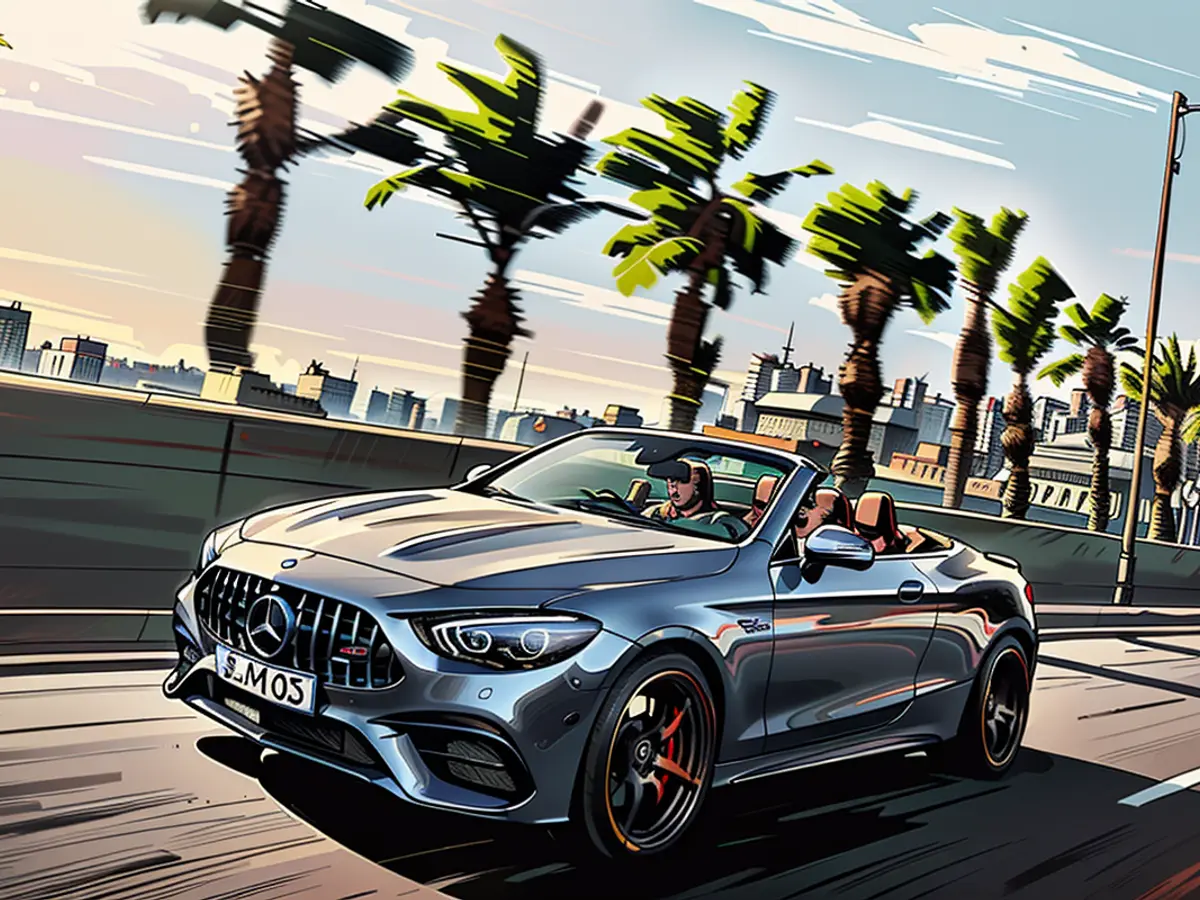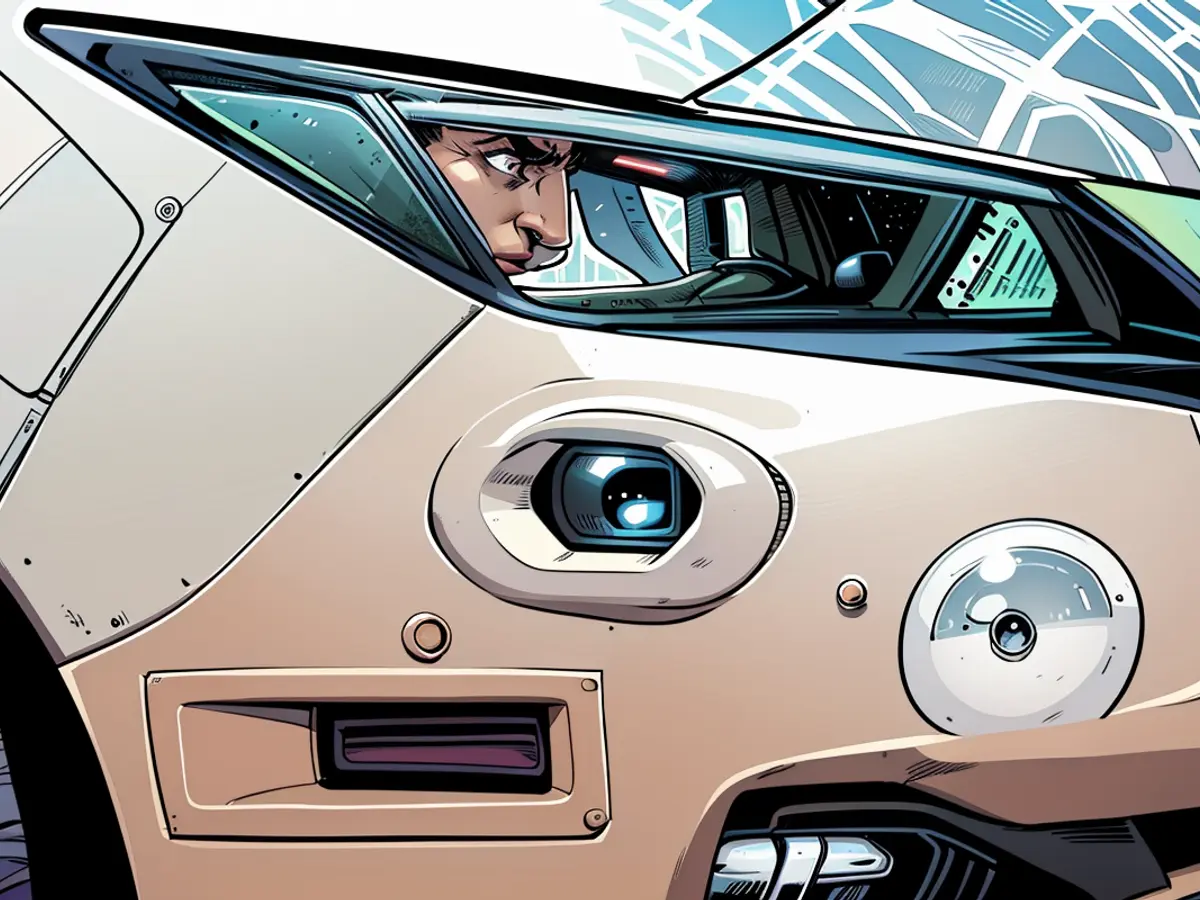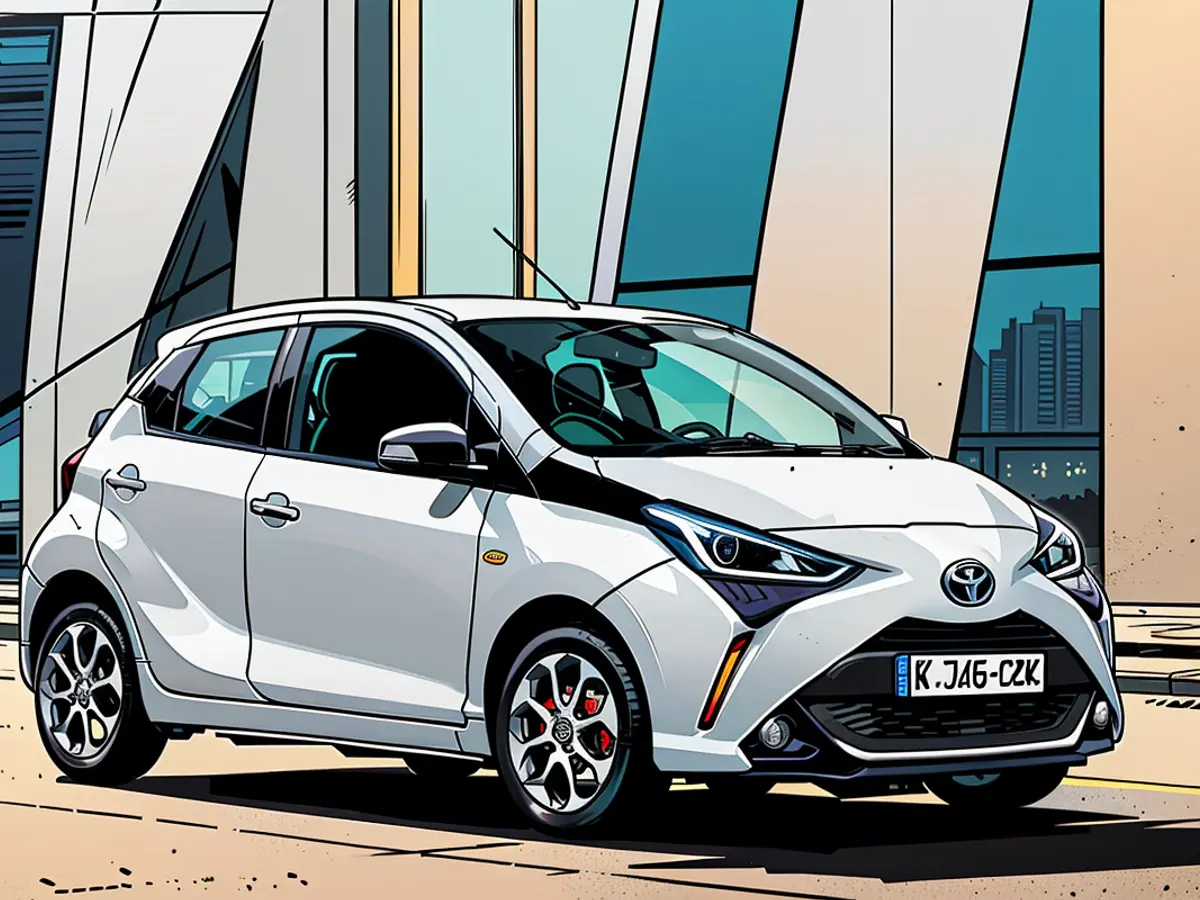These vans want to be the better limousines
If you're stuck in a traffic jam, even a V12 won't help: those looking for true luxury are looking for space instead of horsepower and may soon end up in a van more often. Already ubiquitous in Asia, the trend is now spilling over to us.
A Friday evening in Shanghai, Seoul or Tokyo and the same picture everywhere: dark vans buzzing through the city and dispersing the night owls in restaurants, clubs, concert halls or cinemas. While the elite here in Germany are still chauffeured around in S-Classes and the like, Asians have long preferred suitably equipped MPVs.
Because in the constant traffic jams of the mega-metropolises, performance is secondary. Instead, it's all about space and privacy and using the time lost in traffic as profitably or at least entertainingly as possible. And this is where Asian luxury vans are hopelessly superior to conventional luxury limousines, says automotive economist Ferdinand Dudenhöffer.
Comfort and space like in business class
"Armchairs like in the business class of long-haul airplanes, screens bigger than in many a living room - neither Mercedes and BMW nor Rolls-Royce or Bentley can keep up," says Dudenhöffer: "Not to mention the legroom and the comfortable, upright entry." And there is no shortage of prestige either, if only the vans stand out from the commercial vehicle with enough shine and chrome.
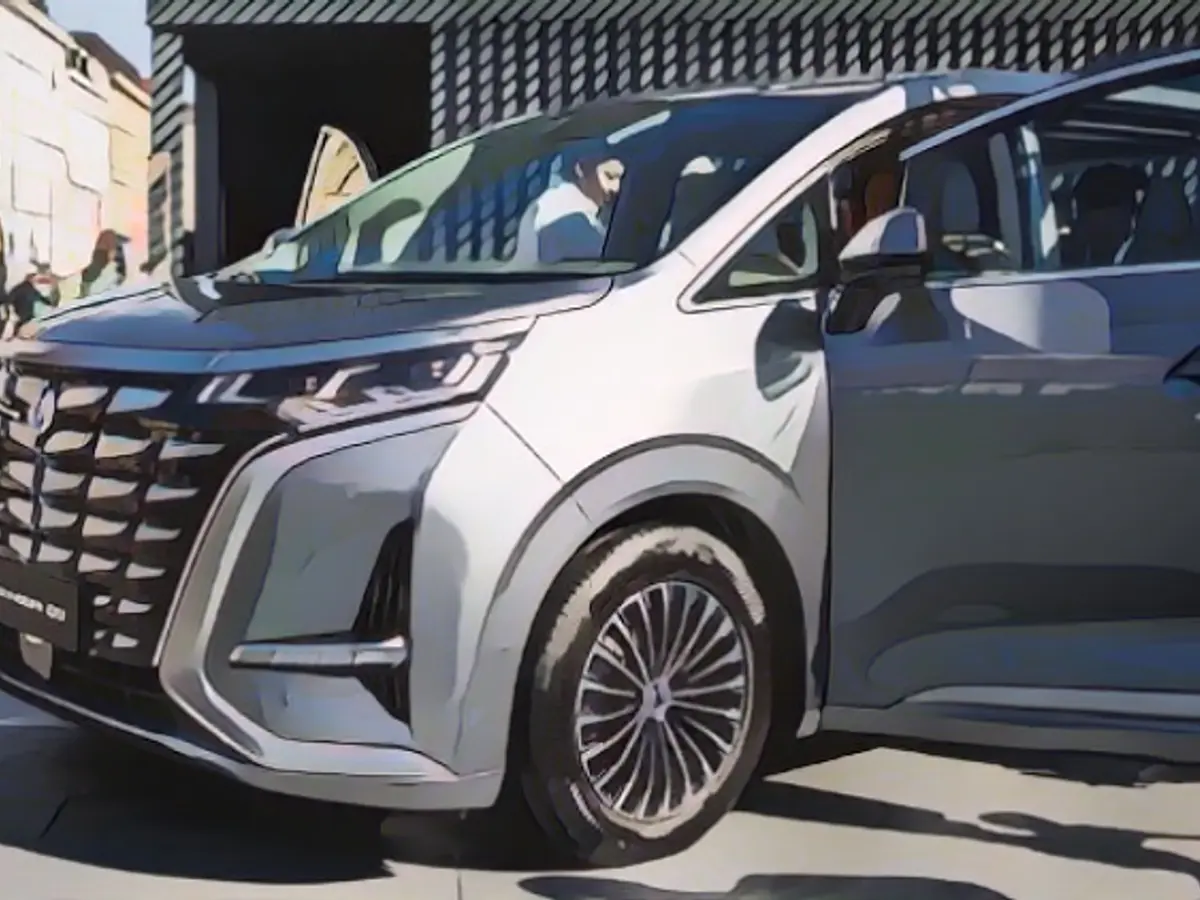
Until now, this has mainly been an Asian phenomenon, but the trend is now slowly spilling over into Europe: Chinese manufacturer BYD, for example, brought the Denza D9 to the IAA in Munich a few months ago, and not without good reason.
Visitors were invited to try out the two "Captain Chairs", which take up almost the entire rear of the 5.25-meter-long MPV. You can slumber away in them, gently massaged and at a pleasant temperature as you lie down in the traffic jam. Or you can enjoy the view of a huge monitor integrated into the partition wall to the driver.
First van in Volvo history
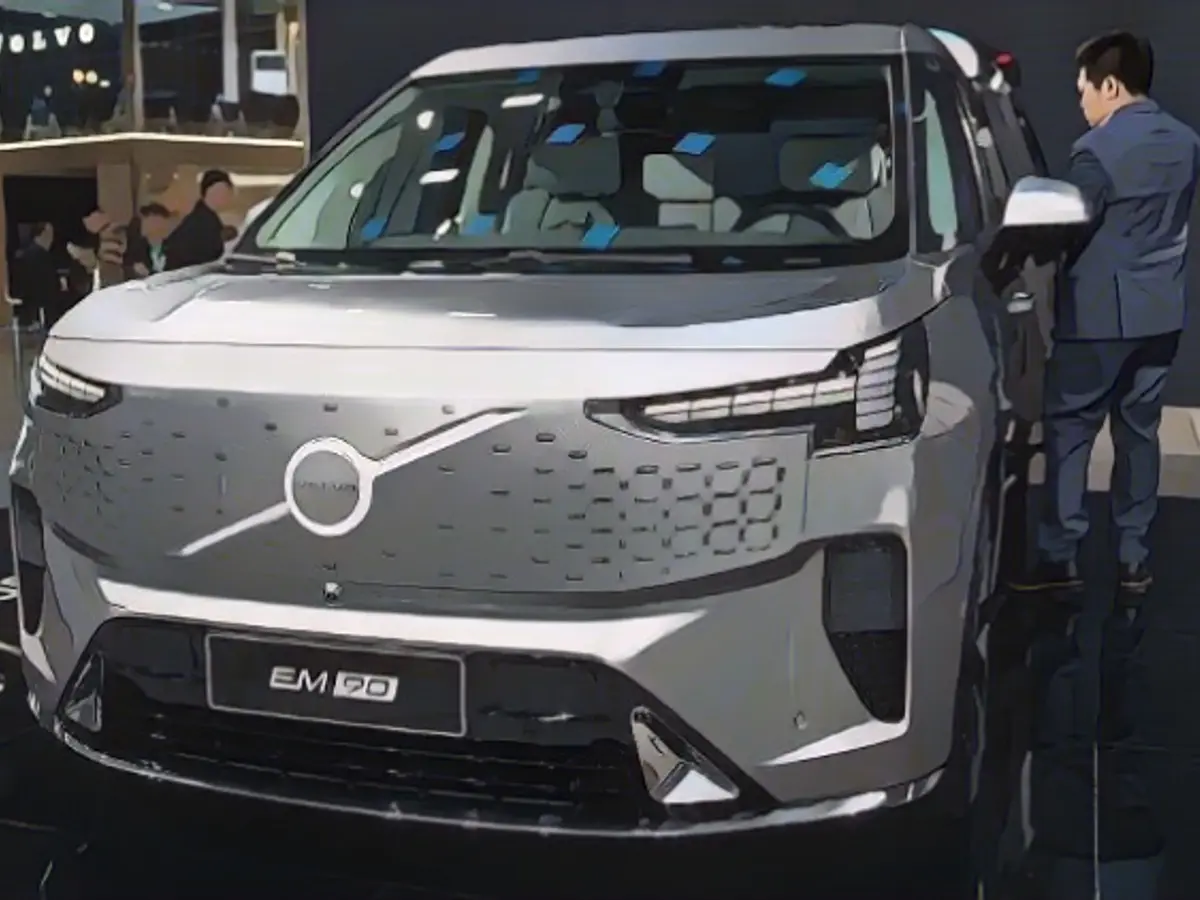
Volvo is now following in the same footsteps with the EM90 - but initially only in China, according to the company. The first van in the company's history measures more than five meters and, according to Volvo, was developed from the inside out and, above all, around the rear passengers. While the Denza D9 is also available as a plug-in hybrid, the Volvo is purely electric.
According to both manufacturers, they are considering exporting to Europe. So while these models are still at the planning stage, Lexus has already put its money where its mouth is: "We are bringing first class from the airplane to the European road," says Lexus spokesperson Etienne Plas, drawing attention to the new LM.
The luxury is exuberant - the price accordingly
Even as a six-seater, the Lexus LM costs at least 122,700 euros and as a four-seater with only two seats in the rear, it is the most expensive model in the Japanese company's range at 147,100 euros. In return, the space cruiser, powered by a 184 kW/250 hp hybrid engine, offers an extremely large amount of space and, among other things, a 48-inch diagonal screen, a cooled bar compartment, massage function and an electronic climate concierge for an individual feel-good atmosphere.
The Lexus representative does not want to talk down limousines such as the in-house LS. "But we are offering business travelers in particular more options than ever before," says Plas. In addition to corporate customers, he sees driving services and shuttle services as the main target group. Dudenhöffer also believes that this could work: "The van, which has always been considered a family car in our country and has long since been replaced in this role by SUVs, could perhaps make a comeback after all."
What about Mercedes, BMW and co?
So far, the German manufacturers have nothing to counter this offensive: Audi and BMW don't have a van at all.
And the Mercedes V-Class is a refined commercial vehicle with a lot of chrome on the outside and a luxurious interior with leather, trim and upmarket equipment. However, it can only conceal its origins as a small truck, but not completely. For example, it still looks a bit like a van despite all the chrome trim. And with the VW duo of the T7 Bulli van and the ID.Buzz electric bus, such luxury has so far been sought in vain.
German manufacturers are currently learning that there is no such thing as luxury enough when it comes to MPVs. The Swabians have just given their V-Class and its electric cousin, the EQV, a thorough facelift. In addition, they are already preparing the successor based on a new electric architecture, which, according to information from company circles, will be even more upmarket. But for many driving services, this is apparently too little and still too long away: everywhere in Asia, the V-Class can therefore already be seen with a pinstripe grille and Pullman interior as a Maybach - except that Mercedes says it has nothing to do with this at all.
Read also:
- The trend of luxury vans is not limited to Asia anymore, as European manufacturers like BYD are starting to introduce models like the Denza D9, which offers first-class comfort and space comparable to business class airplanes.
- Volvo is joining the trend with its electric EM90, designed primarily for the Chinese market as a spacious MPV with a focus on rear passengers' comfort.
- Luxury van models, such as the Lexus LM, which features a price tag of at least 122,700 euros, are targeting business travelers and driving services with their extensive features and options.
- German manufacturers like Mercedes, BMW, and Audi are currently learning that there's no limit to luxury in the MPV market, as they struggle to compete with Asian-made vans that offer superior comfort and space.
Source: www.ntv.de

